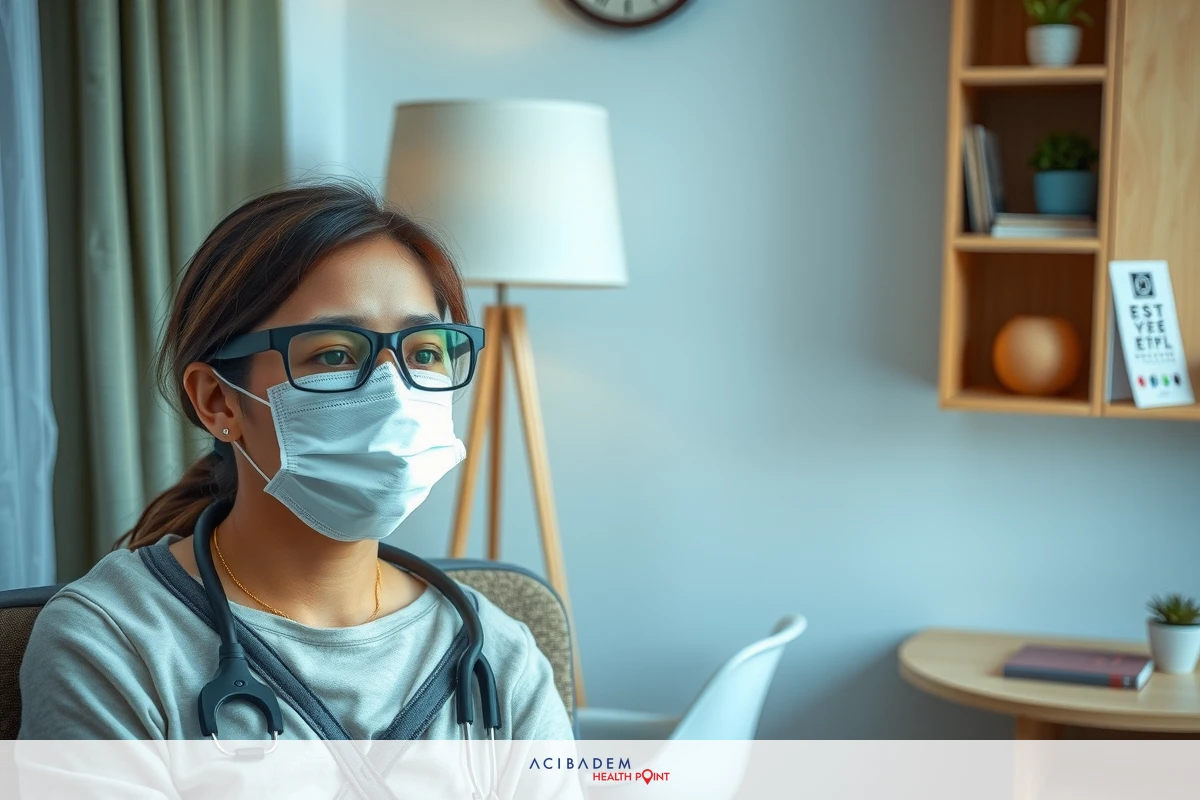How Long Is the Recovery From Laser Eye Surgery
How Long Is the Recovery From Laser Eye Surgery Recovery after laser eye surgery is a critical component of the overall process. It requires an understanding of what to anticipate right after the procedure, as well as over time. The immediate post-operative period may bring about several sensations such as mild discomfort or blurry vision, which are normal and expected.
The timeline for recovery varies but generally follows a common trajectory. People often return to their regular routines within days, while others might need more time depending on individual healing responses. To ensure faster healing and avoid complications, there are specific tips that individuals can follow.
A smooth recovery phase plays an essential role in achieving optimal results from laser eye surgery. With proper care and adherence to prescribed guidelines, one can look forward to improved eyesight without significant interruptions to daily activities.
How Long Is the Recovery From Laser Eye Surgery Immediate Post-Surgery Care
The first few hours and days post-laser eye surgery are paramount in setting the tone for your recovery. It’s important to remember that everyone heals at their own pace, but understanding what typically happens during this initial timeframe can provide valuable insight. After the procedure, individuals often experience blurry vision or discomfort; however, these sensations are temporary and usually subside within a few hours.
Ensuring proper care following laser eye surgery is critical to facilitate healing and minimize potential complications. This includes adhering strictly to prescribed medications such as antibiotic drops or artificial tears, which aid in preventing infection and maintaining moisture respectively. Patients should also avoid rubbing their eyes during this period as it could disrupt the healing process of the cornea.
Creating an environment conducive for recovery involves managing physical activities too. Activities involving strenuous exertion are generally discouraged during immediate post-surgery care because they may increase pressure on your eyes or cause sweat to drip into them – both of which can hinder healing progress. Additionally, protective eyewear is recommended while sleeping for some time after surgery to prevent accidental rubbing of eyes during sleep.
Recovery Timeline
The timeline for recovery from laser eye surgery can widely vary, but there are common stages that most patients experience. After the initial post-surgery discomfort subsides within a few hours to a day, many report significant improvement in vision by the next day. However, it’s important to note that healing is an ongoing process and full recovery often takes several weeks.
During these weeks following surgery, periodic check-ups with your surgeon will help monitor progress and catch any potential complications early on. While most activities like reading or watching television can be resumed after about a week or so, more strenuous tasks may need to wait until further into the recovery timeline. It’s crucial during this time to heed doctor’s advice regarding returning back to normal routines.
As you navigate through your individual healing duration, remember that fluctuations in clarity of vision are not uncommon – some days might be better than others. A patient-friendly timeframe doesn’t necessarily mean rushing back into all daily activities at once; patience is key when it comes down to ensuring optimal results from laser eye surgery and safeguarding against unnecessary strain on still-healing eyes.
Tips for a Smooth Recovery
Ensuring a smooth recovery from laser eye surgery is an active process that involves following certain guidelines

and best practices. These tips are aimed at facilitating healing, reducing discomfort, and helping patients return to their normal activities in the shortest possible timeframe.
Here are some key recommendations:
- Follow post-operative instructions: Your surgeon will provide detailed advice about what you should and shouldn’t do after the procedure. Adhering to these instructions can significantly reduce your risk of complications.
- Use prescribed medications: Antibiotic drops or artificial tears may be given to prevent infection and maintain moisture in your eyes respectively.
- Avoid rubbing your eyes: This can disrupt the healing process of the cornea.
- Limit physical activity: Activities involving strenuous exertion could potentially increase pressure on your eyes or cause sweat to drip into them – both hindrances for progress.
- Wear protective eyewear while sleeping: To avoid accidentally rubbing your eyes during sleep which might interfere with recovery.
Remember, each individual’s path towards complete recovery differs slightly based on personal health factors as well as how diligently they follow post-surgery care instructions. It’s important throughout this period to listen closely to feedback from one’s body and communicate openly with healthcare providers regarding any concerns or abnormalities observed.
Frequently Asked Questions
How soon can I expect to see improvement in my vision after laser eye surgery?
Most patients report significant improvement as early as the next day following the procedure. However, final visual clarity might take a few weeks as your eyes continue healing.
Can I return to work immediately after surgery?
This depends on the nature of your job. If it doesn't involve strenuous physical activity or exposure to dust and wind, you may be able to resume work within a few days. It's best to discuss this with your surgeon who can provide personalized advice based on your specific circumstances.
What precautions should I follow during recovery?
Key precautions include avoiding rubbing your eyes, limiting strenuous physical activities, using prescribed medications such as antibiotic drops and artificial tears faithfully, and wearing protective eyewear while sleeping for some time post-surgery.
Is there anything I can do for faster healing?
Following all instructions given by your surgeon diligently contributes towards smoother recovery. Additionally, maintaining overall good health through balanced diet and adequate rest also supports quicker healing from laser eye surgery. Please note that these answers are provided for informational purposes only and do not constitute medical advice. For any concerns related to personal health conditions or recovery after laser eye surgery, please consult with qualified healthcare professionals.








